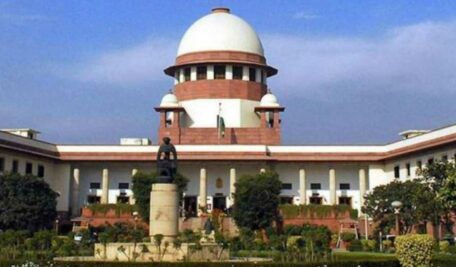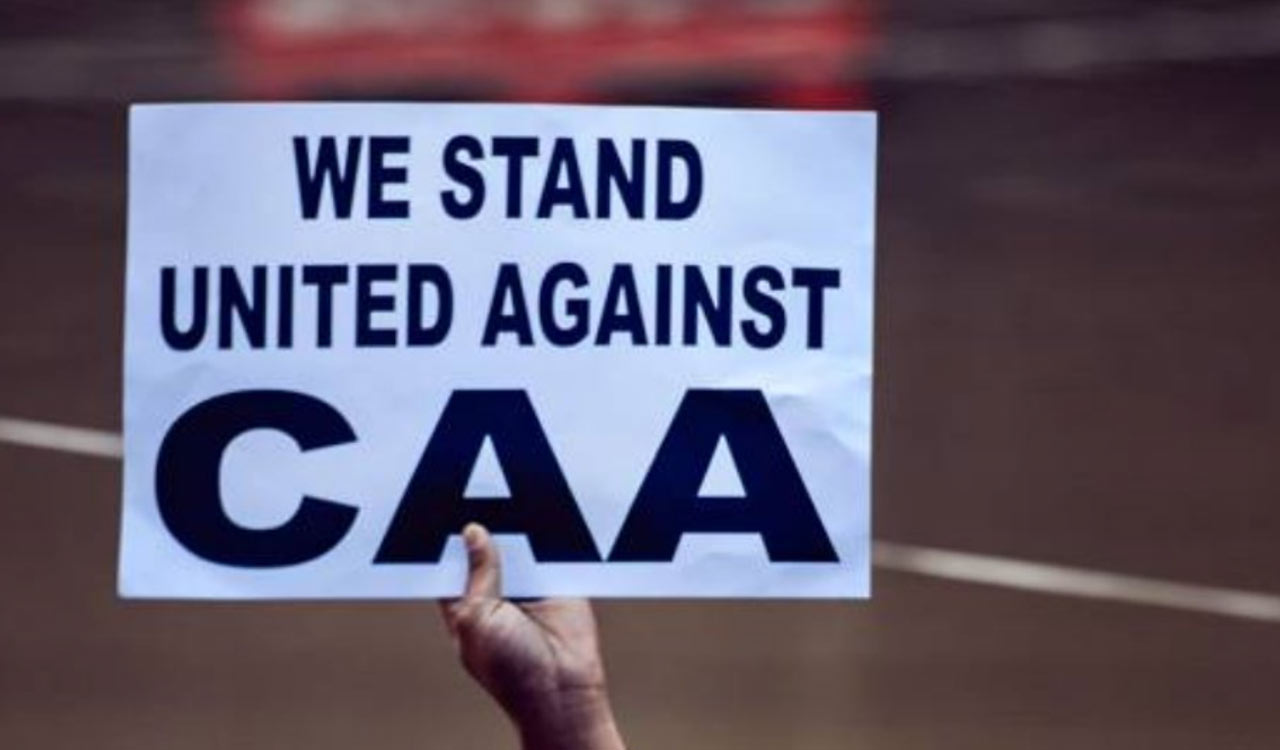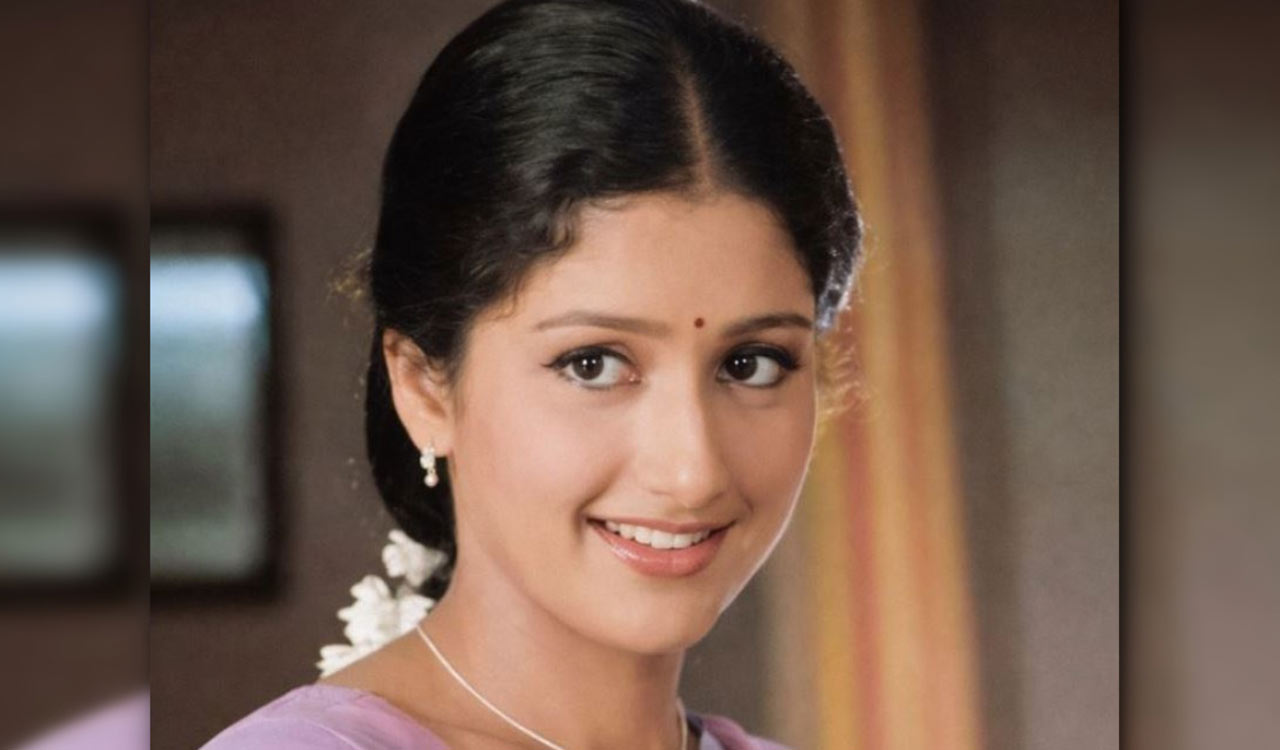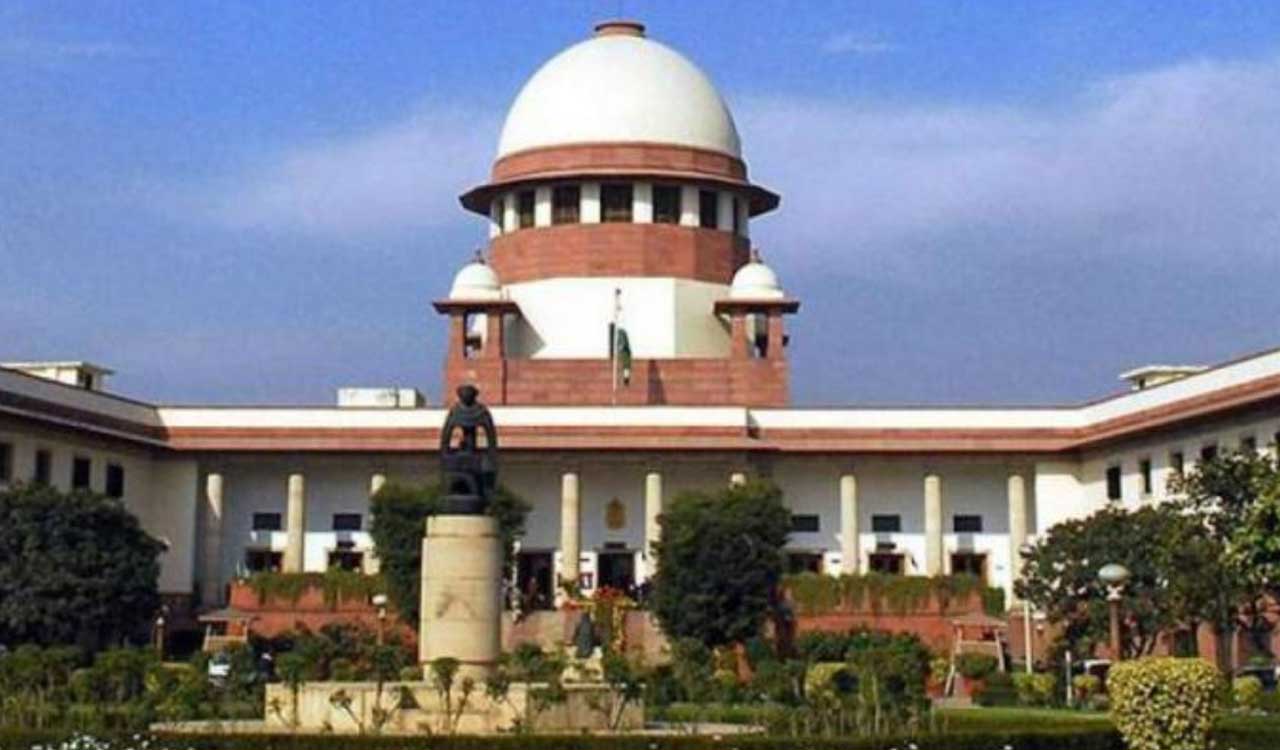Kavitha bail: SC questions ED, CBI over fairness of probe
The Supreme Court questioned the central agencies Enforcement Directorate (ED) and the Central Bureau of Investigation (CBI) over the fairness of their probe, asking if they were free to "pick and choose" an accused.
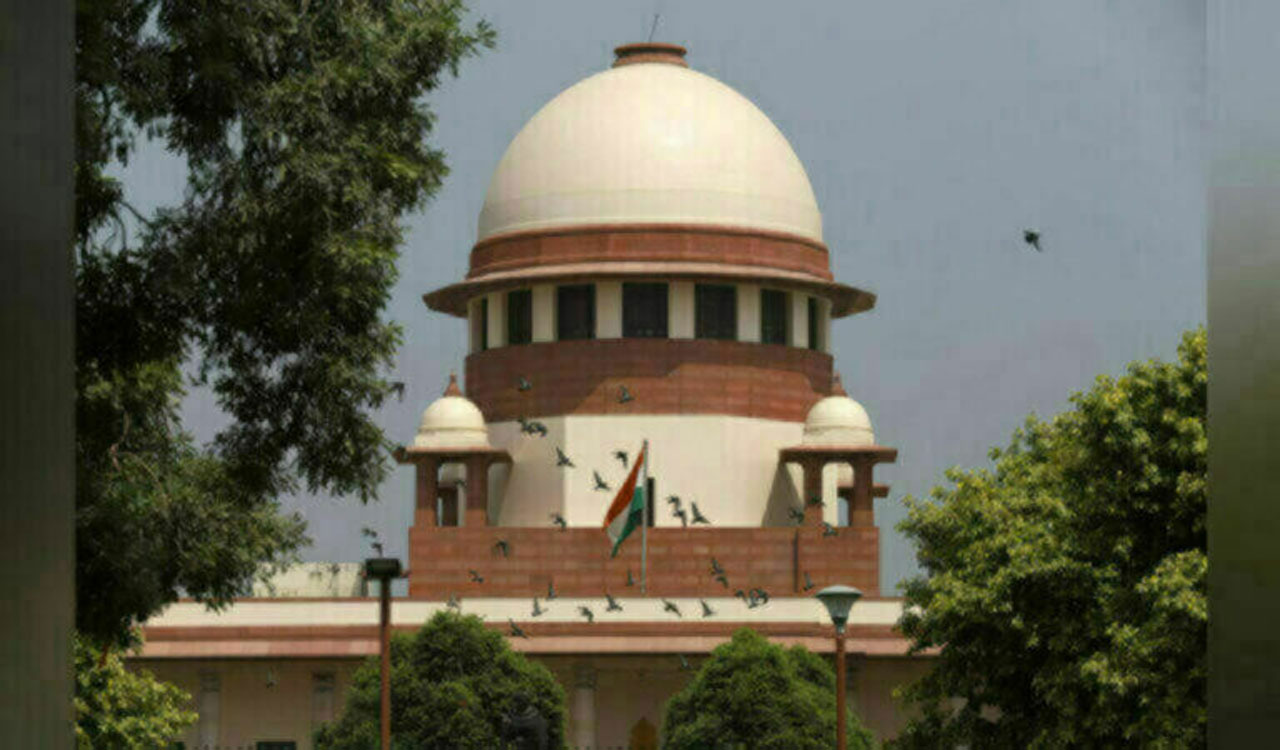
Hyderabad: The Supreme Court on Tuesday granted bail to Bharat Rashtra Samithi (BRS) MLC K Kavitha in the cases initiated by the Enforcement Directorate (ED) and the Central Bureau of Investigation (CBI) in relation to alleged corruption in implementation of the now-scrapped Delhi excise policy. The court also questioned the central agencies over the fairness of their probe, asking if they were free to “pick and choose” an accused.
A bench comprising Justice BR Gavai and Justice KV Viswanathan passed the order, after noting that since 493 witnesses were to be examined and 50,000 pages of documents were to be considered in the two cases, there was no likelihood of the trial being concluded in the near future. They ordered her release on bail, on furnishing bonds of Rs.10 lakh in each of the cases, while allowing her appeals against the July 1 verdict of the Delhi High Court which had denied her bail in the two cases.
The two federal agencies also came in for some sharp criticism over the “fairness” of their investigation, with the apex court observing “Sorry to see this state of affairs”. “You will pick and choose anyone?” it asked, while referring to one of the witnesses whose statements were read out in the court during the arguments.
“The prosecution has to be fair. You can’t pick and choose anyone. What is this fairness? A person who incriminates himself has been made a witness,” the bench said, adding, “Tomorrow you will pick up anyone as you choose and leave anyone as you choose as an accused? Very fair and reasonable discretion!” When Additional Solicitor General S V Raju, appearing for the probe agencies, referred to some witnesses who have claimed Kavitha’s involvement in the alleged scam, the court told him it would be compelled to “observe everything” if he tried to pull it into the details.
“We will have to observe about the fairness and impartiality of the investigating agencies,” it said, adding, “If you want those observations, you argue more”.
“Investigation is complete and charge-sheet has been filed. Custody of the appellant (K Kavitha) is not necessary. She has been behind bars for 5 months. The likelihood of trial being concluded in near future is impossible. As said in various pronouncements of this court, undertrial custody should not turn into a punishment,” the court said, also stating that Kavitha was entitled to beneficial treatment available to women under the proviso to Section 45 of the Prevention of Money Laundering Act (PMLA).
The apex court also took strong exception to the Delhi High Court’s observations that an educated, sophisticated woman was not entitled to bail under the beneficiary provision for women under PMLA.
“If this Delhi High Court order is allowed to become law, these perverse observations would mean no educated woman can get bail. It would apply at least to all courts in jurisdiction of Delhi. What is this?! On the contrary, we say courts should not differ between an MP and common person, but here (High Court is) finding an artificial discretion not there in the statute,” the Supreme Court observed orally.
Echoing the same in its order as well, the court noted the contradiction in the High Court’s reasoning to deny the benefit of Section 46 proviso to Kavitha. On one hand, the High Court had noted that Kavitha was a well-educated woman who had made significant contributions through her social work. On this ground, the High Court had concluded that she was not a vulnerable person and had refused to grant her the benefit available to women under the proviso of Section 45 PMLA.
“The learned single judge while denying relief under Section 45 comes to a heartening conclusion that appellant is highly educated and has made significant contributions and social work. Court while recording her accomplishments said it cannot lose sight of serious allegations and proceeded to observe that present appellant cannot be a vulnerable woman,” the Supreme Court noted, adding that courts should be more sensitive towards women accused under PMLA.
“Courts need to be more sensitive and sympathetic to those in that category. We find that the learned single-judge has totally misdirected herself in applying the proviso,” the order said.
Kavitha became the third major political leader to be released on bail in the case after Aam Aadmi Party (AAP) leaders Sanjay Singh and Manish Sisodia. Relief came to the BRS leader after spending 166 days in jail. She was arrested by the ED on March 15 from Hyderabad. Subsequently, the CBI took her into custody on April 11. The trial court had rejected her bail plea in both the CBI and ED cases on May 6.
The case against Kavitha and others originated in 2022 when an FIR was registered by the CBI alleging that the Delhi Excise Policy of 2021-22 was manipulated to facilitate monopolisation and cartelisation of wholesale and retail liquor trade in Delhi. As per the CBI and ED, certain persons/groups from South India benefited in the process and some amount of their profits was given to AAP, which allegedly used the same to campaign for the Goa assembly elections.
Related News
-
Odisha government reviews protection of Lord Jagannath temple lands
2 hours ago -
Iran holds military drills with Russia as US carrier moves closer
3 hours ago -
Hyderabad: Residents oppose Gandhi Sarovar Project over ‘forcible’ land acquisition
3 hours ago -
Australia level series as Indian women slide to 19-run defeat in second T20I
4 hours ago -
Karnataka beat Uttarakhand in semis, to face Jammu and Kashmir in Ranji final
4 hours ago -
Five Osmania varsity players in South Zone squad for Vizzy Trophy
4 hours ago -
Disciplined West Indies bundle out Italy with ease, tops Group C in T20 WC
4 hours ago -
Zimbabwe shock Sri Lanka to enter super eights, African team’s sublime run continues
4 hours ago

